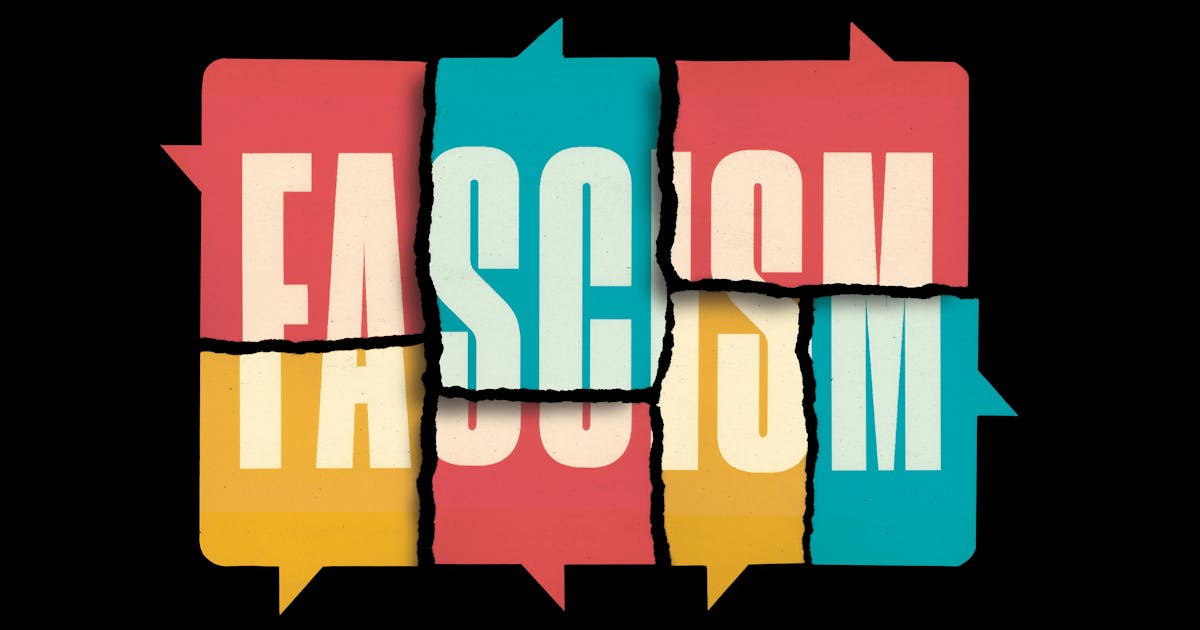A
anon_6hv78pr714xta
Guest
“Fascism,” Kuklick’s exhaustive survey of U.S. politics and culture shows, has generally functioned as a so-called floating signifier. In the words of the anthropologist Claude Lévi-Strauss, who originated the phrase, a floating signifier is a term “void of meaning and thus apt to receive any meaning.” At one point or another, every political perspective in the United States has been identified as fascist. In the last two decades alone, Jonah Goldberg railed against “liberal fascism” as Chris Hedges dubbed the “Christian Right” “American fascists.” Dinesh D’Souza claimed that Hillary Clinton was fascist; Paul Krugman said the same about Trump. And even fringe ideologies weren’t safe: Sebastian Gorka linked socialism with fascism, while Nouriel Roubini made similar claims about libertarianism.
The one consistent quality the term “fascism” has retained since the 1930s is its negative valence. Almost no one uses it positively; instead, to borrow Kuklick’s acid description, the term is the verbal equivalent of “throwing a tomato at a speaker at a public event.” “Fascism,” Kuklick shows, “does not so much isolate a thing as it does some stigmatizing.” Indeed, fascism’s power in American discourse comes from the fact that it has no stable meaning—it’s mostly an all-purpose curse word, a highfalutin “fvck this”—which means that the fascism debate, as currently constructed, can never end.

 newrepublic.com
newrepublic.com
The one consistent quality the term “fascism” has retained since the 1930s is its negative valence. Almost no one uses it positively; instead, to borrow Kuklick’s acid description, the term is the verbal equivalent of “throwing a tomato at a speaker at a public event.” “Fascism,” Kuklick shows, “does not so much isolate a thing as it does some stigmatizing.” Indeed, fascism’s power in American discourse comes from the fact that it has no stable meaning—it’s mostly an all-purpose curse word, a highfalutin “fvck this”—which means that the fascism debate, as currently constructed, can never end.

Does American Fascism Exist?
For nearly a century, Americans have been throwing the term around—without agreeing what that means.

